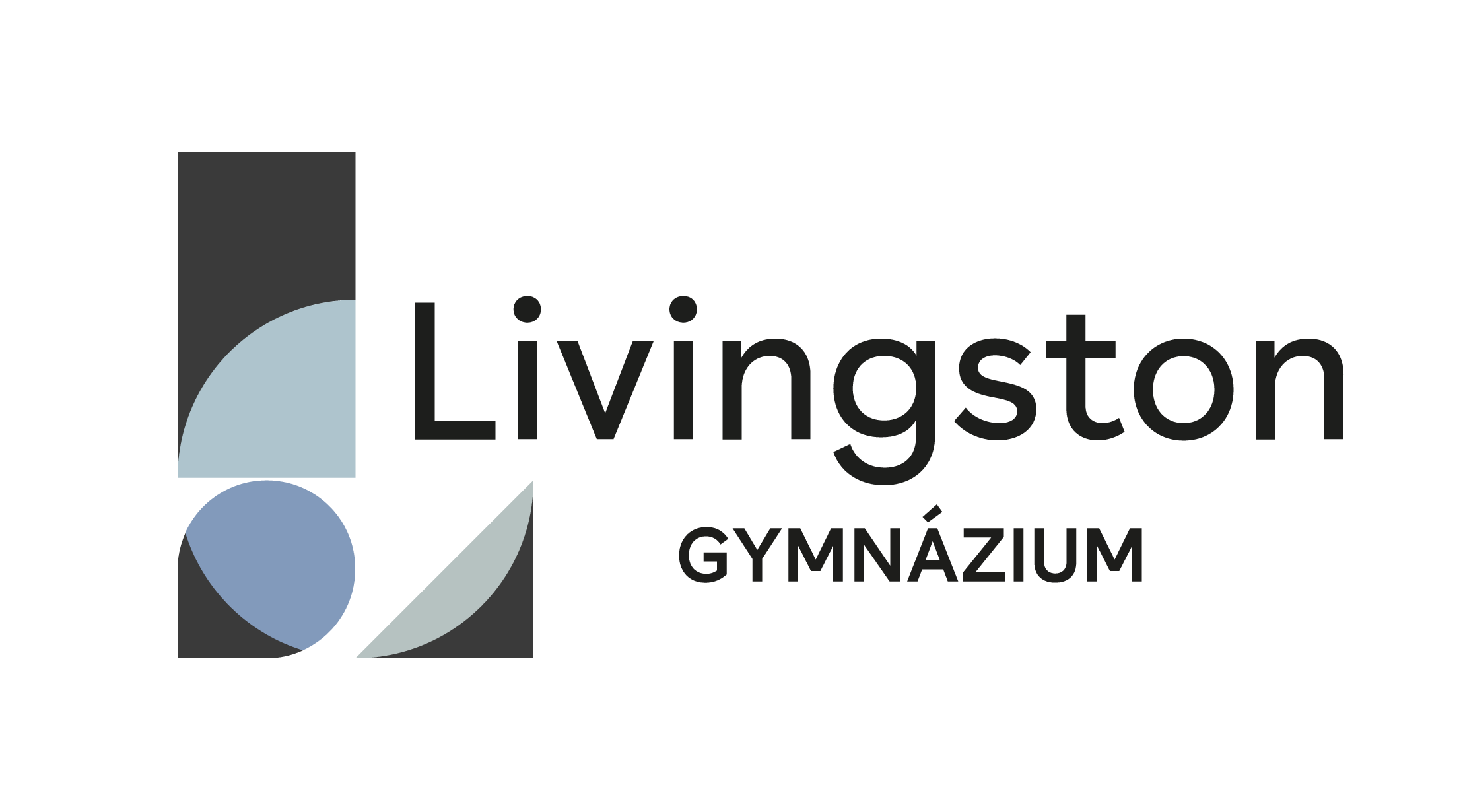Assessment methos
When most people hear the work assessment, they think ‘tests’, ‘stress’ and ‘unnecessary’.Assessment is a vital part of any student’s education, provided it has purpose, allows students to be secure and take pride in their accomplishments, and improves the quality of future teaching and learning.
Assessment at Gymnasium Livingston will:
Be varied,
to allow students to have the best chance at demonstrating their accomplishments
Inform future teaching
and learning, to ensure students are able succeed in the future
Minimise stress
and develop resilience
Be transparent and fair
Assessment may serve several purposes:
A baseline assessment
(i.e. CAT 4 at the start of the year, or quick quiz at the beginning of a lesson) to assess what a student already knows, or their current level of skills. This will allow the teacher to design a curriculum that takes into account the student’s individual needs when designing a sequence of lessons to ensure that they are not left behind, or to push them above and beyond the limitations of a particular programme in the case of gifted or talented students
Formative assessment,
which will take part on a regular basis. This can be in the form of a project, oral presentation, exam-style test, essay, or practical work. The purpose of this form of assessment is to inform future teaching and learning, and give the student the chance to reflect upon their progress and discuss next steps.
Summative assessment,
which may be in varied forms such as an essay, project, debate, or test. This will usually be assessed against the criteria of external awarding bodies (such as Cambridge, MSMT etc…) and serves the purpose of providing a measurement of learning up until this point. This is not designed to be a ‘number’ or ‘letter’ grade that will be used as a mark of attainment or failure, but a checkpoint to form the basis of a discussion on the next steps, and any obstacles in the way to ensure future progress. This is a great way to help students prepare for externally assessed assessment, meaning that they are well prepared for the end of their school life without major levels of stress and anxiety.
Meeting with parents and students
At least three times a year, discussions take place between students, parents and teachers to discuss student self-evaluation and teacher evaluations, of development towards fulfilling the aims of the Student Profile, and progress against external metrics. These meetings should be student led, and teacher facilitated with the goal of encouraging students to be reflective and to take the lead in their learning, rather than being passive observers while parents and teachers talk about them.
Aktuální akademická úroveň
(based on MSMT criteria)
Level of effort
(This is based on participation in classes and effort put into assessment/homework, and is distinctly separate from academic grades)
A predicted grade
(based on external awarding bodies)
Marking:
We do not believe in teachers marking student work and returning a page of red ink, a number or letter grade, and a short comment; this is demoralising and quickly groups students into ‘good’ and ‘bad’.Instead, assessed pieces of work will be marked as follows:
-
Students will either (depending on the piece of work), self assess or peer assess each piece of internally assessed work themselves, awarding an academic and effort grade as appropriate. Students should add two comments, indicating what they are proud of having accomplished, and one comment on where they would like to improve.
-
Teachers will assess the student’s grades, and comments, and add a teacher academic and effort grade. The teacher may suggest additional points of pride, or improvement, and also assess the quality of language to help students develop their use of Czech (or English) in an academic setting. Teacher comments must be supportive, with the goal of helping a student improve, rather than a judgement on the ‘quality’ of the student. Teachers will examine each other’s feedback several times per year to ensure standardisation.
Academic Integrity
This policy should be read alongside the Academic Integrity policy.

- info@glivingston.cz
- 777 806 797
- datová schránka: 43digvv
- pIZO: 181141965
- pREDIZO: 691007039


